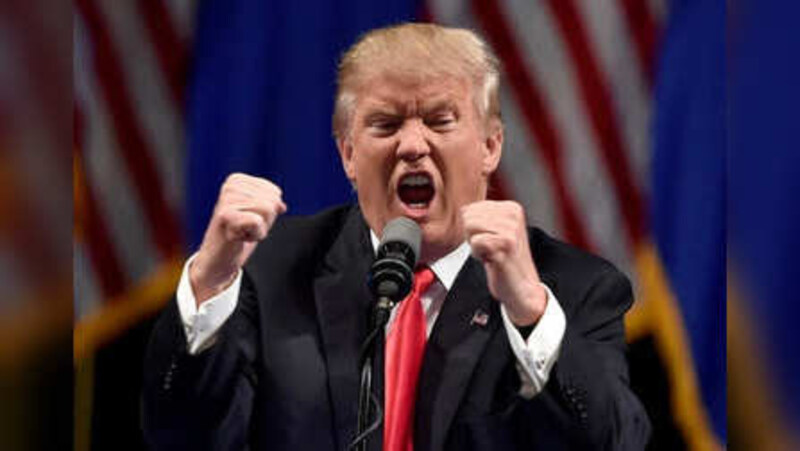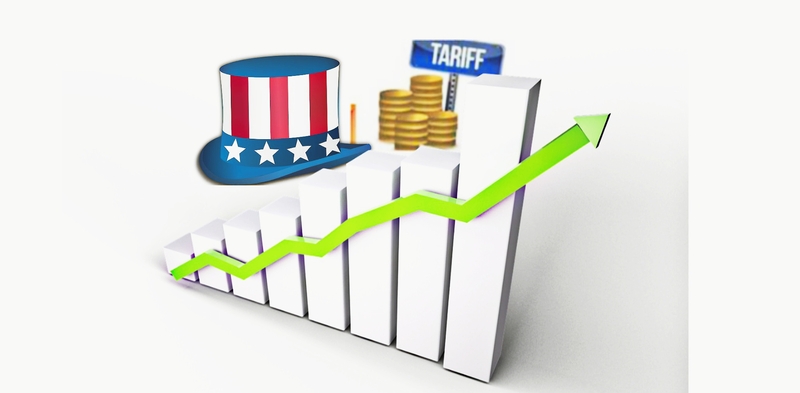 Donald Trump reacts on BRICS's plan of moving away from using the US Dollar. Photo Credits: Jani Dacosta via X
Donald Trump reacts on BRICS's plan of moving away from using the US Dollar. Photo Credits: Jani Dacosta via X
Donald Trump's Tariff Tactics: The 100% Threat To Brics And The Dollar's Global Dominance
The Rising Influence of BRICS on the Global Economy
The BRICS nations mainly consist of Brazil, Russia, India, China, and South Africa. The BRICS share a significant portion of the world’s total output. In terms of purchasing power parity, they make up approximately 35% of the global economic output. They also represent an estimated 45% of the world’s population making it the largest bloc in industries and consumer consumption. Such figures highlight the growing influence of the BRICS nations on the global stage.
BRICS and the Push for De-Dollarization
In a move called ‘de-dollarization,’ the BRICS have been developing measures to move away from the use and reliance of the US dollar in the international markets. This aims to create a counter-currency to the US dollar, that would lead to a more balanced global financial system.
Trump’s Warning: 100% Tariffs on BRICS Nations
In a post on social media platforms, Donald Trump stated that any attempts to replace the US dollar in the global financial system by the BRICS nations would be met with rough measures by the US. Nations that replace the US dollar and want to do business with the US will experience a 100% imposition of tariffs. This would mean such nations would cease to do business with the US hampering global economic growth.
Historical Use of Tariffs and Sanctions by the US
The tariffs are economic weapons that the US has previously used as a way of trying to protect its economic status. Some of the countries to have received tariff imposition from the US are Canada, China, and Mexico. During the previous term in office, the most affected nation was China which led to an economic cold war between the two nations.
In Joe Biden’s administration, sanctions have also been imposed on Russia and China which are major economic powerhouse in the BRICS block. Russia has received financial restrictions, export controls of key technologies, asset freezes, and travel bans imposed on influential and government officials. China is also experiencing trade restrictions and human rights sanctions on entities and individuals that abuse human rights by freezing their assets and enhancing travel bans.
Potential Economic Consequences of Imposing Tariffs on BRICS
China and Russia are key players in the global economy. The imposition of 100% tariffs on them and other BRICS nations would lead to a new economic war, which would lead to global economic instability. It would also result in volatility in the trading markets due to uncertainty and the effects of economic policies by the US.
Expert Opinions on the Impact of 100% Tariffs
Economic experts argue that the imposition of 100% tariffs on the BRICS by Donald Trump may not be effective and it could even work against the US, due to the economic complexities brought by the BRICS having a purchasing power parity of an estimated 35% of the global economic output. It is also the second-largest economic bloc after the Regional Comprehensive Economic Partnership (RCEP). This would affect the US population on imports from BRICS, if the nations in the block decide to have a counter-tariff imposition on US goods. The US markets would be faced with increased costs of imported goods.
Domestic Reactions Within the US
Trump’s utterances have however received support from a faction in the US population that argue the US needs to be even more aggressive in protecting the American industries.
The Future of Global Trade and the US Dollar’s Dominance
Trump’s statement on the imposition of 100% tariffs on BRICS countries showcases the ongoing tensions in global, economic, and political relations. It also raises concern about the ability of the US dollar to continue being dominant in the global financial system. The world continues following closely on the impacts of 100% tariffs on BRICS and the global financial system as the BRICS continue looking forward to doing away with the US Dollar.



